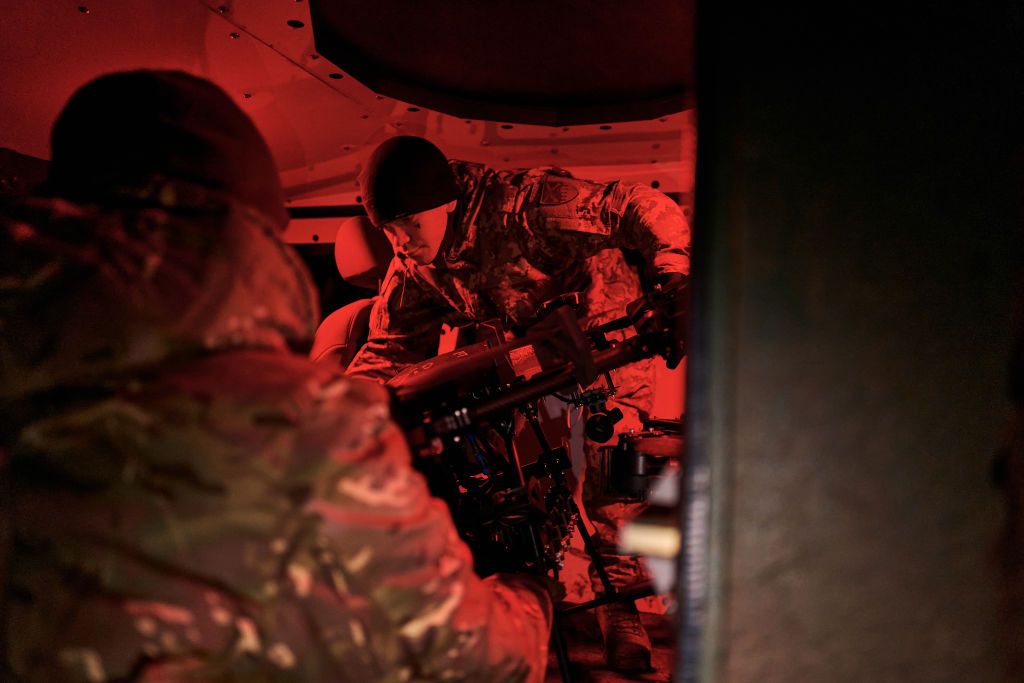The U.S. House of Representatives passed a stop-gap funding bill to avoid a government shutdown that did not include additional aid for Ukraine or Israel, CNN reported on Nov. 14.
The bill was opposed by 93 Republicans and two Democrats. The Senate will need to approve it before Friday to prevent a shutdown. The plan extends funding until January 19.
President Joe Biden is reportedly prepared to sign the House-approved government funding bill if passed by the Senate.
U.S. House Speaker Mike Johnson announced the bill on Nov. 11. The proposal did not include additional funding for Israel and Ukraine, which the Biden Administration has requested.
He characterized the initiative as placing the “conference in the best position to fight for fiscal responsibility, oversight over Ukraine aid, and meaningful policy changes at our Southern border.”
President Biden previously asked the U.S. Congress to approve a new $106 billion aid package, including more than $61 billion in funding for aid to Ukraine.











